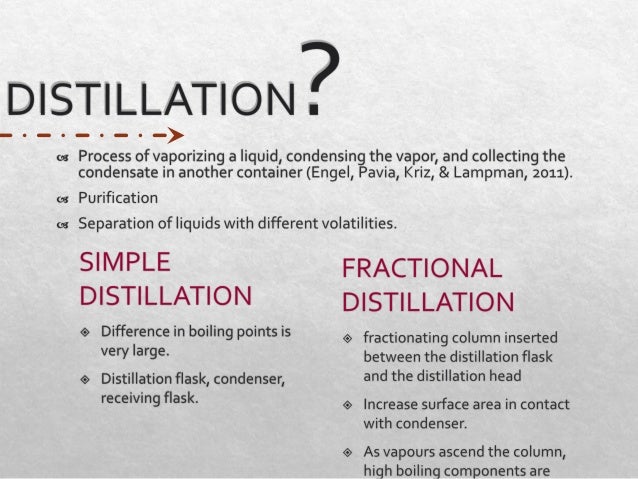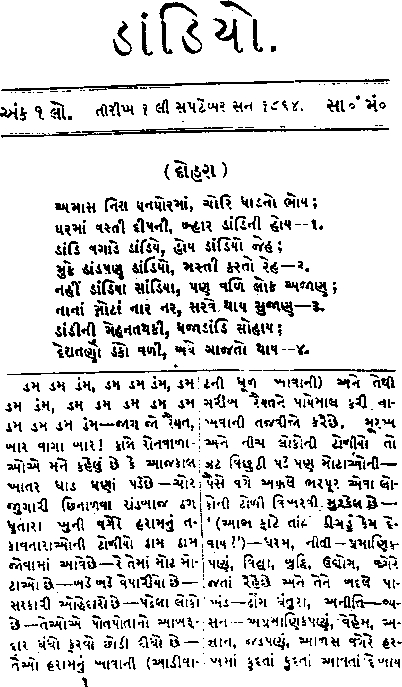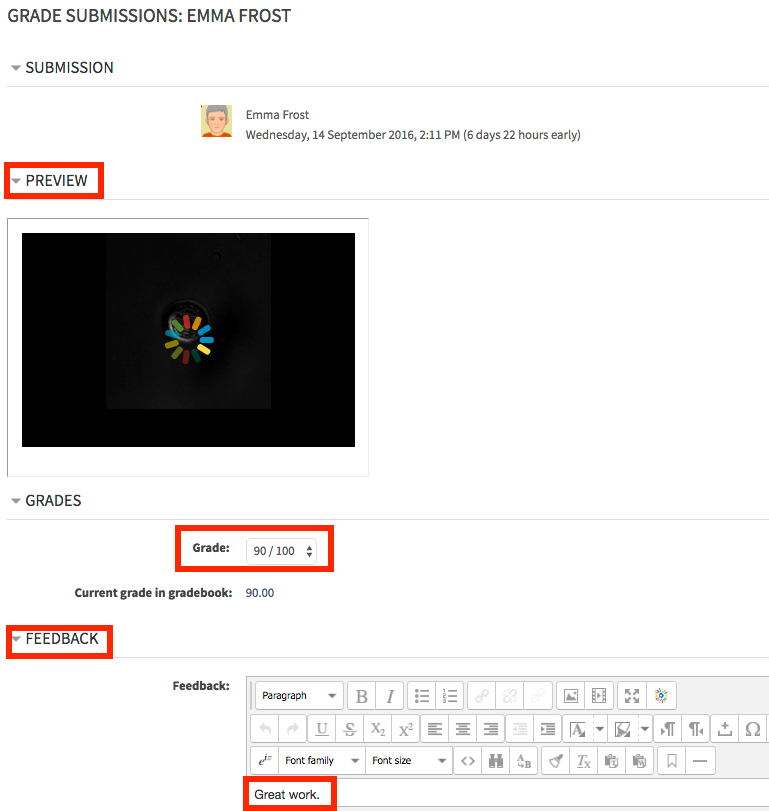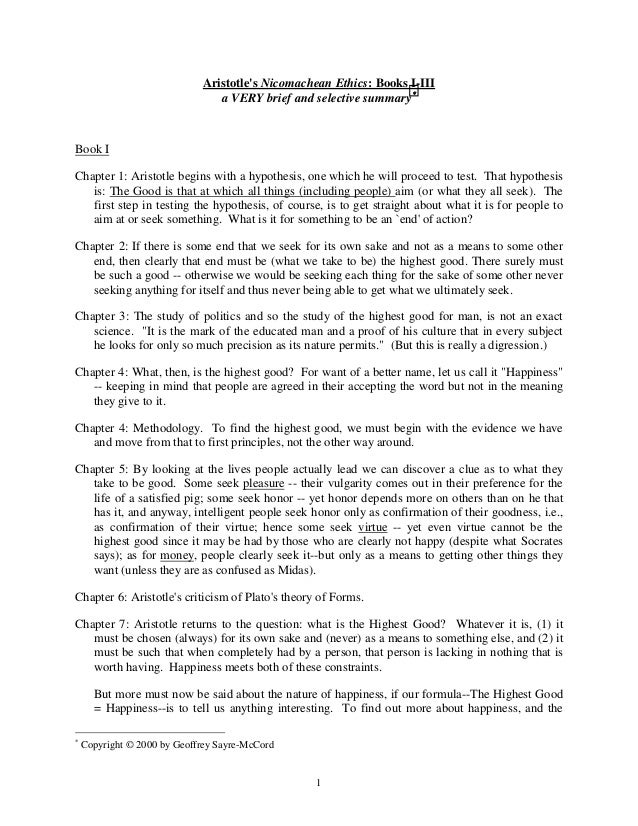Comparative review of dipeptidyl peptidase-4 inhibitors.
Dipeptidyl peptidase (DPP)-4 inhibitors are, by comparison, more recent, with the first compound being launched in 2006, but the class now globally encompasses at least 11 different compounds.
As the incidence of type 2 diabetes is steadily increasing, the demand for treatment options is increasing. Dipeptidyl peptidase-4 inhibitors (DPP-4) are a new class of oral anti-hyperglycemic medications that target the incretin system found in the gut.

Oral antidiabetic drugs such as dipeptidyl-peptidase 4 (DPP-4) inhibitors and sulfonylureas are extensively used in the treatment of T2DM. Although both DPP-4 inhibitors and sulfonylureas effectively lower plasma glucose levels, there may be differences in their effect on the diabetic kidney.

Dipeptidyl peptidase 4 (DPP4) inhibitors are a new drug class approved for the treatment of type 2 diabetes. Its anti-diabetic effects are elicited by an inhibition of the ubiquitously expressed serine exopeptidase DPP4, which mediates the degradation of incretins such as glucagon-like peptide 1 (GLP-1) and gastric inhibitory.
Oral antidiabetic drugs such as dipeptidyl-peptidase 4 (DPP-4) inhibitors and sulfonylureas are extensively used in the treatment of T2DM. Although both DPP-4 inhibitors and sulfonylureas e ectively lower plasma glucose levels, there may be di erences in their e ect on the diabetic kidney.

When they are used alone, the inhibitors are less likely (Original) Comparison of the Effects of Teneligliptin and Sitagliptin, Two Dipeptidyl Peptidase 4 Inhibitors with Different Half-Lives, on Glucose Fluctuation and Glucagon-Like Peptide-1 in Type 2 Diabetes Mellitus.

We performed a meta-analysis of randomized controlled trials (RCTs) to compare the long-term glycaemic durability of dipeptidyl-peptidase 4 (DPP-4) inhibitors vs that of sulphonylureas (SUs) in patients with type 2 diabetes mellitus (T2DM), in terms of the changes in glycated haemoglo-.

Sodium glucose cotransporter 2 (SGLT2) inhibitors have shown greater reductions of cardiovascular event risks than dipeptidyl peptidase-4 (DPP4) inhibitors, whereby possible mechanisms may involve the better pleiotropic effects of SGLT2 inhibitors. However, no published data are currently available to directly compare glycemic and pleiotropic effects in real-world type 2 diabetes patients.

Michelle A. Van Name MD, in Pediatric Type II Diabetes, 2019. DPP-4 Inhibitors. Dipeptidyl peptidase-4 is an enzyme that deactivates GLP-1 and other peptides. Thus, inhibition of DPP-4 should increase availability of intrinsic GLP-1 and result in the effects described earlier, although they are not associated with weight loss.

Comparison of the Effects of Teneligliptin and Sitagliptin, Two Dipeptidyl Peptidase 4 Inhibitors with Different Half-Lives, on Glucose Fluctuation and Glucagon-Like Peptide-1 in Type 2 Diabetes Mellitus.

DPP-4 inhibitors work by blocking the action of DPP-4, an enzyme which destroys the hormone incretin. Incretins help the body produce more insulin only when it is needed and reduce the amount of glucose being produced by the liver when it is not needed. These hormones are released throughout the day and levels are increased at meal times.

Alogliptin is a dipeptidyl peptidase-4 (DPP-4) inhibitor. The NICE clinical guideline on type 2 diabetes, published in 2009, included the only 2DPP-4 inhibitors that were licensed when the guideline was developed:sitagliptinandvildagliptin. Since then, 2further DPP-4 inhibitors have been licensed in the UK:saxagliptinandlinagliptin. All.

Comparison of Different Case-Crossover Variants in Handling Exposure-Time Trend or Persistent-User Bias: Using Dipeptidyl Peptidase-4 Inhibitors and the Risk of Heart Failure as an Example.



